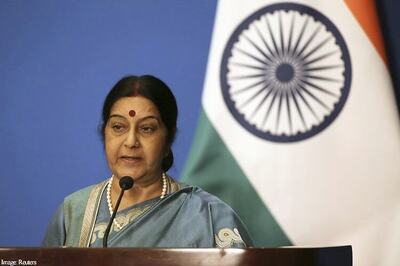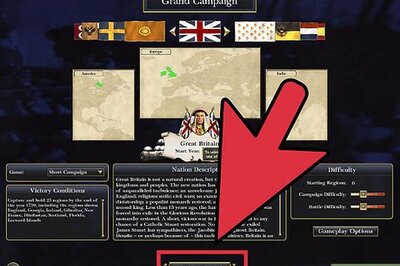
views
United Nations: A UN panel ruled that Secretary-General Kofi Annan erred in firing the sole UN official to be dismissed for alleged misconduct in the scandal-tainted oil-for-food plan for Iraq, officials said.
The Joint Disciplinary Committee, a panel made up of staff and management representatives, on Thursday said there was insufficient evidence of violations of the UN staff rules to dismiss veteran mid-level UN aide Joseph Stephanides last June 1, the officials said.
The panel's judgments are not binding on Annan but only recommendations.
Other UN employees have run into trouble with law enforcement
authorities for actions linked to the $64 billion oil-for-food
programme.
Stephanides was the only one to be fired outright, although Benon Sevan, who ran the programme, resigned in August just before being fired after allegations he took nearly $150,000 in kickbacks.
PAGE_BREAK
Stephanides was let go after a UN-appointed inquiry accused him of steering a lucrative contract under the oil-for-food programme to a british firm. He has contended that his actions were approved by his superiors.
Investigators, in a Feb. 3 report, accused Stephanides, a Cypriot
who helped set up the oil-for-food programe in 1996, of revealing
details to Britain's then-UN ambassador, John Weston, of a rival
bid for a contract, a violation of UN procurement rules.
The inquiry, led by former Federal Reserve Chairman Paul Volcker,
reaffirmed its initial findings just last month.
As a result of Stephanides' actions, the British firm Lloyd's Register Inspection Ltd. ended up winning a $4.5 million contract even though French firm Bureau Veritas was the low bidder,the report said.
It did not accuse Stephanides of enriching himself and Stephanides argued that he was carrying out the will of his superiors, who wanted the contract awarded to Lloyd's.
Asked about Annan's decision to dismiss Stephanides yesterday,
UN spokeswoman Marie Okabe said the United Nations had relied on its own determination that staff rules had been violated and not on the judgment of the Volcker inquiry, which was a fact-finding body rather than a judicial body.




















Comments
0 comment